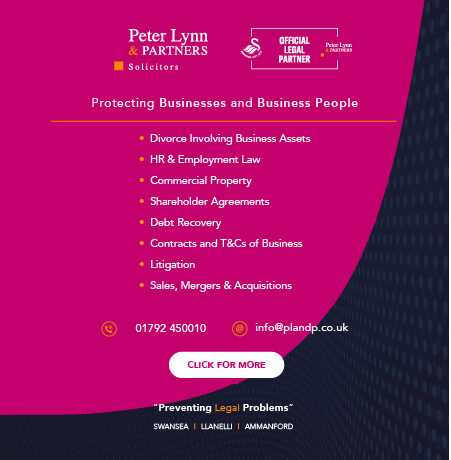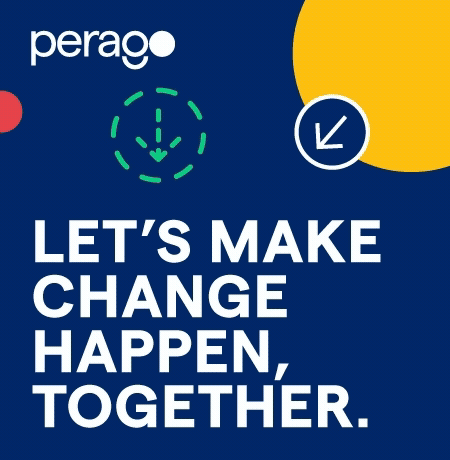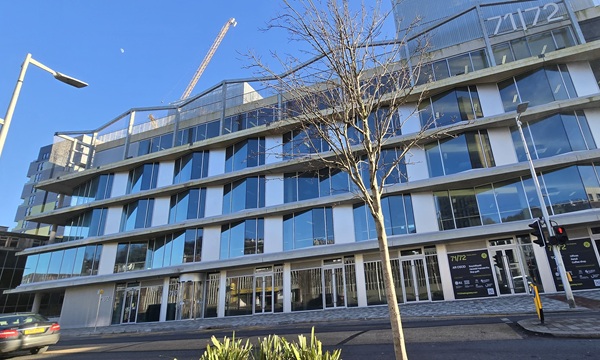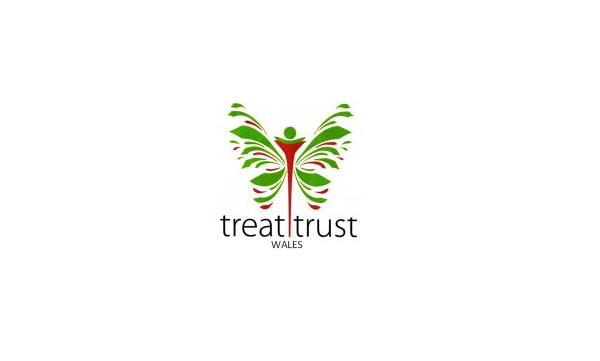
GUEST COLUMN:
Lianne Weaver
Founder
Beam Development and Training
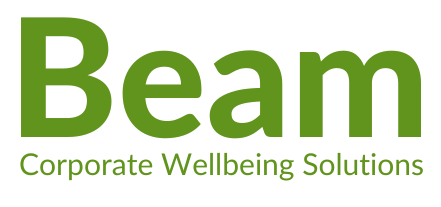
When we set up a business, we prepare ourselves for the obvious hurdles. We know we’ll need to manage cashflow, attract clients, and stay on top of tax returns. What many of us don’t expect is that one of the biggest barriers to success might be ourselves.
It’s something I see again and again when working with clients, and it’s something I’ve experienced myself. Self-sabotage can quietly creep in and stop us progressing, not because we don’t want success, but because – consciously or not – we’re afraid of what success might bring.
For some, it’s fear of failure that holds them back. When you’ve left a secure job, taken a financial risk, or are being supported by a partner while you build your business, the pressure can feel enormous. But what often surprises people is that it’s just as common to fear success.
What if the business grows too quickly and becomes unmanageable? What if success alienates friends or changes how others see us? What if we end up responsible for a team, and all the stress that brings?
These fears can lead to subtle but powerful self-sabotaging behaviours. You put off sending that proposal. You rewrite a social media post ten times and still don’t press publish. You spend hours perfecting something small, rather than getting it done and moving on. You tell yourself you’re not good enough, not ready, not qualified.
None of this means you’re not capable. It just means you’re human. In fact, I don’t think I’ve ever coached anyone who hasn’t self-sabotaged in some way. It’s incredibly common – and more often than not, we don’t even realise we’re doing it.
That’s why I’m looking forward to leading a session on this topic at the FSB South Wales Small Business Conference in Swansea in September. The workshop will offer a chance to explore what self-sabotage really looks like, where it comes from, and most importantly, how to spot and work with it.
The first step is to notice the patterns. I often encourage people to practise something I call the ‘curious observer’ technique. Rather than reacting in the moment or getting stuck in negative self-talk, step back and observe your own behaviour as if you were watching someone else. If you’ve been working on a task for days and still haven’t submitted it, ask yourself: am I aiming for useful progress or getting caught in perfectionism?
The goal isn’t to fix yourself overnight. This kind of personal development is never ‘one and done’. It’s about building awareness and developing tools that help you stay on track. For example, I know that when I’m overwhelmed, I procrastinate. Knowing that gives me a chance to interrupt the pattern – go for a walk, reset, and return with more clarity.
This work doesn’t just benefit individuals. If you’re managing a team, recognising self-sabotaging behaviours in others can be just as valuable. Too often, we dismiss procrastination or perfectionism as personality traits, when in fact they’re often stress responses. If someone on your team is consistently over-editing their work or putting off tasks, it might be a sign they’re feeling overwhelmed or unsure of themselves.
Understanding this can make you a better leader. It can help you support your team more effectively, reduce stress across your business, and ultimately improve performance. It’s a reminder that human behaviour – our own and other people’s – is shaped by more than just logic or motivation. Emotional pressure and internal narratives play a huge role.
And it matters because when self-sabotage goes unchecked, it limits growth. It can stop you from taking up opportunities, launching new ideas, or moving your business forward. But when you start to understand the patterns and learn how to respond, it can have a ripple effect, improving your confidence, your leadership, and the way your business functions.
Running a business is courageous. For many, it’s a step into the unknown, something few people around them may have done. It’s natural to have doubts and wobbles, to feel uncertain at times or even like an imposter. But those feelings don’t have to define your path.
We all self-sabotage from time to time. With greater awareness and a few practical tools, we can learn how to get out of our own way, and that can make all the difference.
Lianne Weaver will be speaking at the FSB South Wales Small Business Conference 2025, being held in partnership with Business News Wales in Swansea on Wednesday, September 3. For more information and to book a free ticket visit the event page: https://events.fsb.org.uk/en/8d2bI2X7/fsb-south-wales-small-business-conference-2025-3aJ8P2cID/overview
